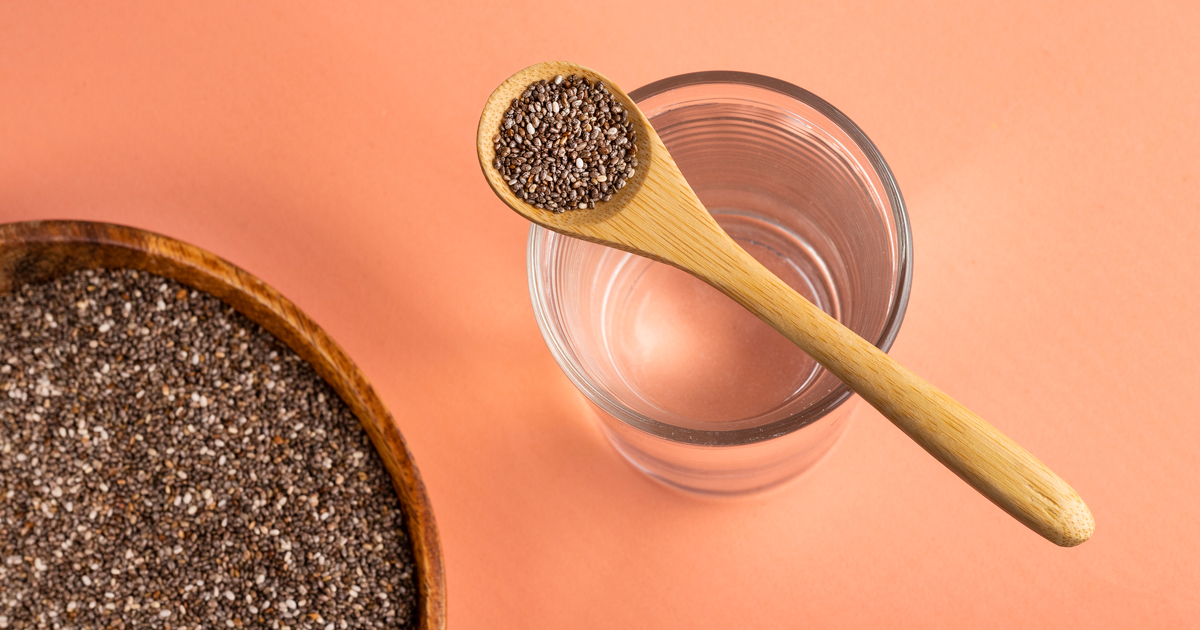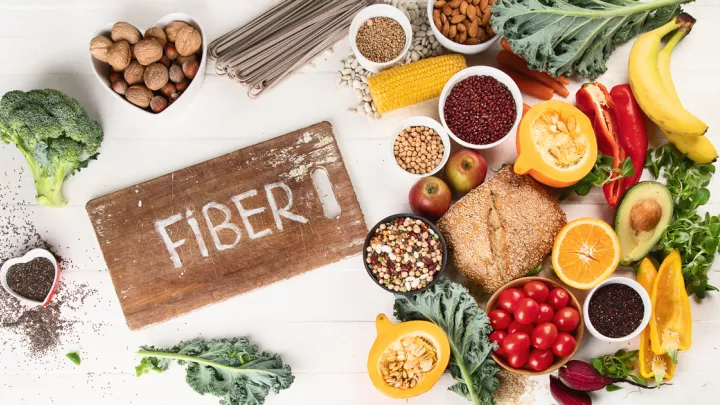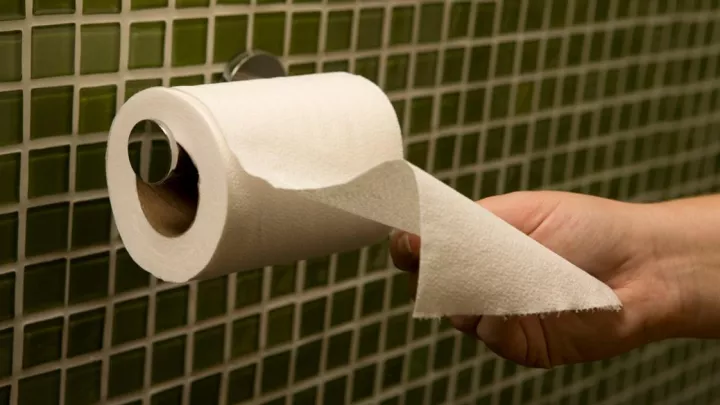Does the 'internal shower drink' help you poop? The benefits and downsides of chia seeds

Most of us are familiar with the uncomfortable feeling of belly bloat and constipation. TikTok and other social media platforms have recently popularized the "internal shower drink" trend. The drink consists of mixing one or two tablespoons of chia seeds into a glass of water, adding lemon juice, letting it sit to allow the seeds to absorb water, and then drinking it all on an empty stomach.
The drink is called the "internal shower" because some suggest it can serve as a cleansing method to improve regularity and treat constipation. We know chia seeds can be good for your health, but does the drink live up to the hype?
Does the chia seed drink work?
Chia seeds can absorb 12 to 15 times their weight in water, which is why the drink has a gel-like consistency. If you can handle the texture, the theory is that the drink adds fibrous bulk and weight to your poop, helping it to pass easier. But is it a good practice to relieve constipation?
"I would personally advise against consuming large amounts of chia seeds (as suggested in the drink) regularly," says nutrition therapist Jenna Wuebker, MS, RD, LMNT. "There are many, often easier, ways to get healthy fiber in your daily diet to help with bowel regularity."
Chia seeds have health benefits, but is it a food better used in moderation?
If you're new to chia seeds, slowly add them to your diet, using about a half to one teaspoon at a time in food. Try adding chia seeds to foods like oatmeal, yogurt, soups or smoothies. Continue to increase gradually to about one tablespoon per day. Even small amounts are a healthy addition to the diet. They help your body absorb and digest the fiber slowly.
Chia seed benefits
Chia seeds come from a flowering plant that grows in tropical and subtropical areas and is cultivated for nutritional purposes. They contain about 30% oil and are one of the highest sources of plant-based omega-3 fatty acids available that cannot be made by the human body. This health benefit can help our bodies reduce inflammation and protect the heart.
Added to foods in moderation, chia seeds have a variety of benefits which include:
- A high-quality source of insoluble fiber (about 10 grams per two tablespoons)
- A good source of protein and calcium
- An additional source of iron, phosphorus, zinc and magnesium
- A rich source of antioxidants
Chia seed downsides
While fiber is good for your body, too much of it – especially in the quantities called for in the drink – can cause your stool to be too hard or loose.
"Everyone's digestive system is different," says Wuebker. "But if you add too much fiber abruptly to your diet, it can actually cause constipation, especially if you're not drinking extra water. It can also cause gas, bloating, gas or diarrhea in some people."
People with chronic conditions like gastrointestinal disease (including inflammatory bowel disease, Crohn's or ulcerative colitis) should avoid chia seed drinks. This is especially the case during flare-ups because too much fiber can be harmful. In addition, the chia seed drink can cause problems if you have diverticulitis or difficulty swallowing."
Due to the chia seed's ability to absorb so much water, there have been reports of harmful obstructions in the gastrointestinal tract and esophagus after trying the chia seed drink for several days.
What the chia seed drink will not do
- There is no evidence that chia seeds detoxify the body or are effective for preventing or treating a hangover
- Higher quantities of chia seeds to aid in weight loss is not sustainable in the long run
- Chia seeds can help lower cholesterol when added to food regularly, but large quantities are not a quick fix for reducing cholesterol levels
Foods that will do the same job as the chia seed drink
While adding chia seeds to everyday foods can be a healthy way to gain their benefits, it's not the only way to aid digestion or relieve constipation.
Eating the right foods and practicing a healthy lifestyle will reap the highest benefits for your digestive system. Think fiber, fluids and physical activity:
- Fruits, veggies, beans, and nuts not only help soften stool but help the gut move food along
- Omega-3-rich foods like salmon, olive oil, and avocado provide good sources of healthy fats
- Whole grains like oatmeal, quinoa, barley, and whole-wheat carbs offer a good source of fiber
- Staying active and hydrated helps the entire digestive system work better
- Fermented foods not only help your gut but also have many other health benefits







